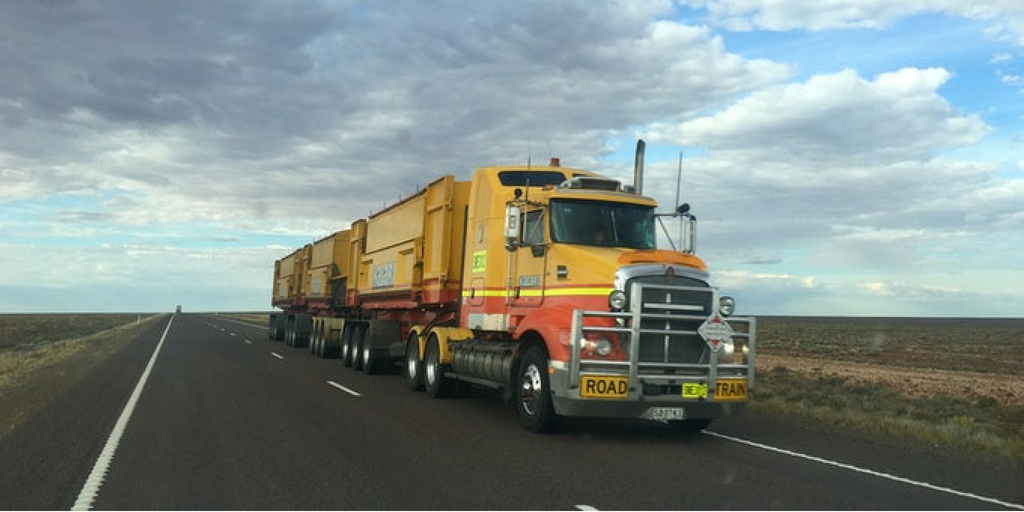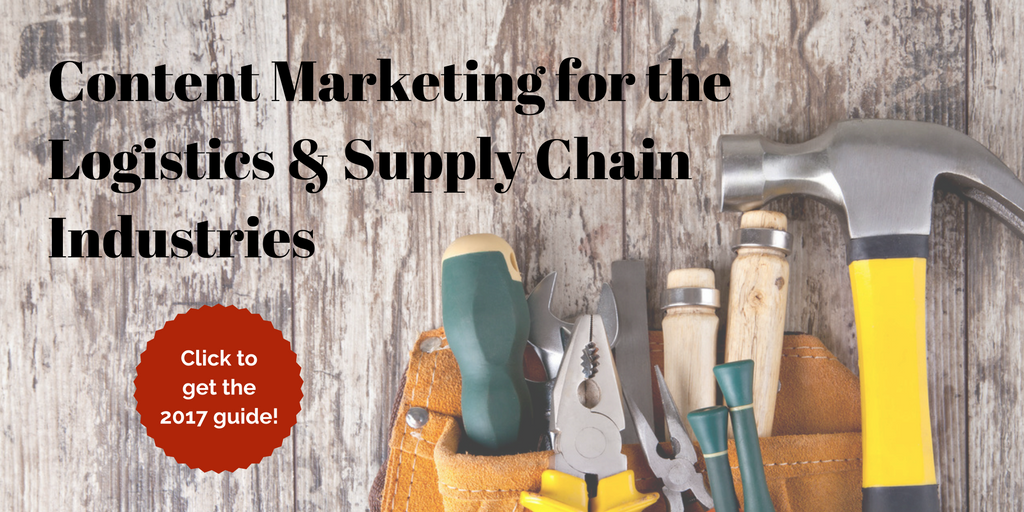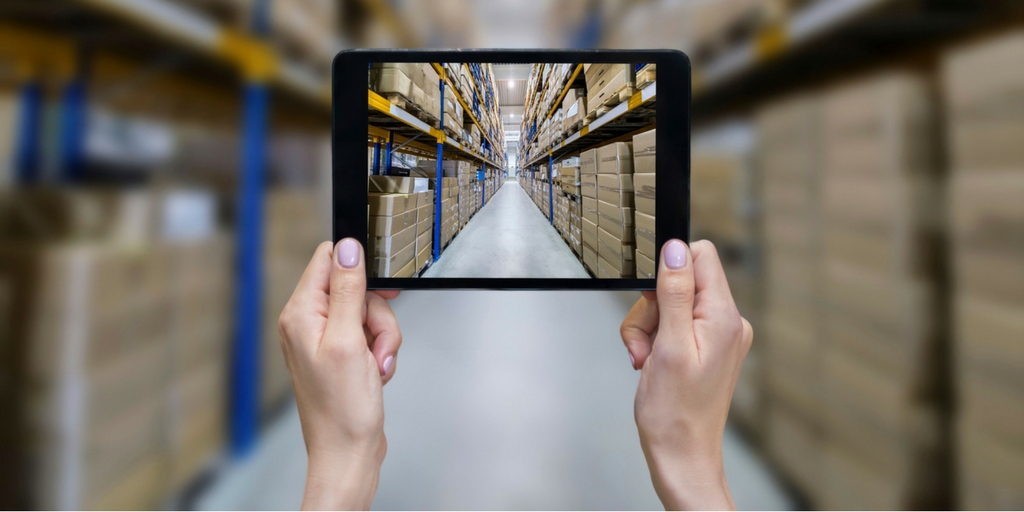
by Fronetics | Aug 1, 2019 | Blog, Current Events, Supply Chain
Its disruptive data-recording and -securing technology begs the question: Could blockchain change the supply chain fundamentally and for the better?
Highlights:
- Blockchain offers the ability to record, track, and verify any transaction.
- Potential benefits include greater transparency and security.
- Supply chain operations could record, track, and share information more accurately and easily.
Ever since blockchain technology emerged, experts and industry analysts have been making various predictions for how it will impact their sectors. The supply chain, in particular, has been popularly theorized to be impacted by the technology.
It’s becoming increasingly clear that blockchain has transformative potential when it comes to the future of the supply chain. Here is a summary of what we’re seeing so far.
What is blockchain?
First conceptualized in 2008 by a programmer or group of programmers operating under the name Satoshi Nakamoto, blockchain was originally part of the implementation process of the cryptocurrency bitcoin. Essentially, it’s a distributed database — and it’s special because it keeps records of digital data or events in a way that makes them resistant to being altered or tampered with.
Blockchain allows data to be accessible to many users, even allowing them to add to it. But the original information is immutable, and it leaves a permanent and public chain of transactions. SupplyChain247 uses the following helpful analogy:
If the entire blockchain were the history of banking transactions, an individual bank statement would be a single “block” in the chain. Unlike most banking systems, however, there is no single organization that controls these transactions. It can only be updated through the consensus of a majority of participants in the system.
Writing for Forbes, early-adopter researcher Dan Woods describes blockchain as “key for creating an unalterable, trusted record of certain types of transactions.”
Experts are starting to see the potential for blockchain’s use in other arenas, particularly the supply chain. The blockchain ledger “can be used to record, track, and verify trades of virtually anything that holds value,” says Jon-Amerin Vorabutra, VP of Process and Technology at Nova Molecular Technologies.
How will blockchain change the supply chain?
The ability to track any type of transaction securely and transparently is huge for supply chain applications. “Every time a product changes hands, the transaction could be documented, creating a permanent history of a product, from manufacture to sale,” writes Vorabutra. Imagine the reduction in time delays, wasted costs, and errors.
Syncsort, a company building the infrastructure necessary to support the modern data supply chain, has detailed predictions about how blockchain will impact the supply chain, reported by Woods. The company’s CTO, Dr. Tendü Yoğurtçu, identifies blockchain as falling under one of four larger “megatrends” that Syncsort is monitoring: data governance.
“We have some products that we will announce that are blockchain-ready, and data governance will continue to be the umbrella theme for us with blockchain because it’s an evolving data platform and data architecture,” says Yoğurtçu.
Experts and analysts across the industry believe that blockchain can improve the supply chain in the following ways:
- Recording the quantity and transfer of assets — like pallets, trailers, containers, etc. — as they move between supply chain nodes (Talking Logistics)
- Tracking purchase orders, change orders, receipts, shipment notifications, or other trade-related documents (SupplyChain247)
- Assigning or verifying certifications or certain properties of physical products; for example determining if a food product is organic or fair trade (Provenance)
- Linking physical goods to serial numbers, bar codes, digital tags like RFID, etc. (SupplyChain247)
- Sharing information about manufacturing process, assembly, delivery, and maintenance of products with suppliers and vendors (SupplyChain247)
The benefits of blockchain for the supply chain
Blockchain technology is ideal for supply chain management. Supply chain companies frequently struggle with lack of transparency, particularly those with complex supply chains. This makes it difficult to isolate errors. This is where blockchain comes into play.
“Because of the way transactions are recorded and tracked using blockchain technology, it makes it much easier to see everything happening in real time,” says Miranda Marquit, of Investopedia.
Additionally, blockchain will allow for increased scalability in the supply chain. Since data cannot be changed or added to, essentially any number of participants can access data from any number of touchpoints. The technology also allows for greater security, since a shared, immutable ledger keeps data from being tampered with.
Finally, blockchain can open the doors for greater innovation in the supply chain. According to Vorabutra, “Opportunities abound to create new, specialized uses for the technology as a result of the decentralized architecture.”
What ways are you predicting blockchain will change the supply chain?
Related posts:


by Jennifer Hart Yim | May 30, 2018 | Blog, Content Marketing, Logistics, Marketing, Supply Chain
Larger societal changes are affecting the way companies are planning their Supply Chains of the future. Here are the five biggest fallacies in supply chain management right now.
This guest post comes to us from Argentus Supply Chain Recruiting, a boutique recruitment firm specializing in Supply Chain Management and Procurement.
Lots of things are happening in Supply Chain Management. The field is becoming more digital, with end-to-end planning and blockchain technologies transforming the way products are coming to market. It’s becoming more strategic, as companies integrate their Supply Chains and use them as a source of competitive advantage – instead of just a back-office function. Larger societal changes are affecting the way companies are planning their Supply Chains of the future – everything from the looming arrival of driverless cars, to consumers’ demands that companies be more socially responsible.
We’ve written about quite a few of these topics ourselves. They’re exciting. They’re impactful on business. And – most relevant for us at Argentus as a recruitment company – they’re changing the talent picture by transforming the skills that Supply Chain professionals need to succeed.
[bctt tweet=”A new article in Forbes, “The Biggest Supply Chain Fallacies,” by Supply Chain researcher and beat writer Steve Banker, challenges a few of the assumptions underlying current supply chain management trends.” username=”Fronetics”]
A new article in Forbes, “The Biggest Supply Chain Fallacies,” by Supply Chain researcher and beat writer Steve Banker, challenges a few of the assumptions underlying these trends, and calls out some of the conventional wisdom that’s taken hold in the field.
We wanted to take the opportunity to discuss and respond to some of Mr. Banker’s points (because who doesn’t love a little bit of controversy?) as well as to throw it to our readers for further discussion. Whether you agree or disagree with some of Mr. Banker’s arguments, they’re thought provoking to say the least.
So here are the biggest fallacies he sees in the field right now, as well as our thoughts:
Fallacy 1: Blockchain will make everything traceable in Supply Chains, leading to greater supplier transparency.
We’ve covered Blockchain quite a bit in recent months. In short, companies are using Blockchain’s distributed ledgers to form a public record of where goods come from, allowing consumers to trace goods in the supply chain. The goal is to make the origin of goods more transparent, allowing companies to prove that goods haven’t come from workers under abuse or unsustainable sources.
Why This Might Be a Fallacy: According to Banker, Blockchain doesn’t solve the “garbage in, garbage out” problem that goes along with big data. His point: if a supplier lies about the provenance of a good at the point of origin – say, a farmer pretending beef is grass fed if it’s not – it doesn’t matter how transparent the Supply Chain is from that point forward. He says that Blockchain won’t eliminate the need for other kinds of certification in the Supply Chain, and we tend to agree – but does that mean it won’t be useful? No.
Fallacy 2: Corporate Social Responsbility initiatives improve a companies financial performance.
We’ve touched on Corporate Social Responsibility (or CSR) when discussing the annual Top 25 Supply Chains list with Gartner’s Michael Massetti. More companies are raising expectations of environmental sustainability. Some massive companies have pledged to eliminate excess waste in their supply chains entirely in the coming years, and there’s a lot of talk that sustainability helps the bottom line by improving sales and lowering costs (e.g. fuel).
Why This Might Be a Fallacy: Banker points out that companies shouldn’t assume that CSR efforts will necessarily improve sustainability. In his eyes, they’re good for society – but they have less financial benefit in business-to-business-selling industries (where customers won’t pay a premium for sustainable goods) and developing economies.
Fallacy 3: There’s a shortage of truck drivers – a threat to the Supply Chain stability – because young people don’t want to drive trucks.
The Logistics industry press has been writing a lot about a shortage of truck drivers, with a lot of anxiety about how the demographics of truck drivers are skewing older and older.
Why This Might Be a Fallacy: Banker is responding to the prevailing wisdom that says the truck driver shortage comes from millennials wanting other careers. He retorts that the median truck driver salary of $42,553 is the reason why young people don’t want to go into the field, and that the industry should raise drivers’ wages if it wants to attract applicants – instead of waiting for driverless trucks which, in Banker’s opinion, are father off than they seem. He cites data from the American Trucking Association that wages have risen between 15 and 18 percent from 2013-2017, and says this should mean that the shortage will be overblown.
Fallacy 4: Improved forecasting will always lead to lower inventory levels.
This one is a bit of a sacred cow in the world of Supply Chain analytics. Everyone knows that demand planning isn’t completely foolproof, but these forecasting solutions are improving with the advent of machine learning and other technologies.
Why This Might Be a Fallacy: Similarly to #2, Banker wants to put a bit of a pin in the hype about forecasting. He wants to challenge the assumption that better demand forecasts will always lead to lower inventory levels. In his mind – and we tend to agree – some things are still unpredictable no matter how advanced the forecasting technology. For example, if a recession hits unexpectedly, demand will be way lower than expected and you’ll likely have tons of excess inventory.
Fallacy 5: Companies who have functional excellence will always win.
Banker challenges the assumption – or “trap” as he calls it – of privileging any function’s Key Performance Indicators (KPIs) over the success of the Supply Chain ecosystem as a whole. Better reporting and data have made for an increased reliance on KPIs to maximize performance in areas like Sourcing, Logistics, Manufacturing, and Sales.
Why This Might Be a Fallacy: According to Banker, if you rely on excellence in any particular function’s KPIs, you risk hurting another function and the overall business. For example, if a company is measuring their Procurement function on price, and they source materials based on price without emphasizing quality, this can harm manufacturing will still making it look like Procurement is succeeding.
Banker argues that companies who take a more holistic approach – through processes like Integrated Business Planning (IBP) – will win over companies who prize excellence in any particular function. From our perspective, this is something most companies recognize they need to do, even if they aren’t always successful at executing it.
Whether you agree or disagree with any of Mr. Banker’s assertions, we still think it’s always valuable to question conventional wisdom and hype.
Please check out the original article, and then we want to hear from you! What do you think about any of these topics? Is Mr. Banker right, or is he barking up the wrong tree?
Related posts:

SaveSave

by Jennifer Hart Yim | Apr 18, 2017 | Blog, Current Events, Logistics, Strategy, Supply Chain
Blockchain is coming, and it offers the potential to shake up Supply Chain and Logistics like few other technologies coming down the pike.
This guest post comes to us from Argentus Supply Chain Recruiting, a boutique recruitment firm specializing in Supply Chain Management and Procurement.
A few months back, we wrote about Blockchain as an emerging technology and tool for Supply Chain transparency. It’s a pretty incredible technology that stands to reshape big aspects of the economy in general and Supply Chain in particular – but it’s also pretty difficult for the common person to understand, which doesn’t help matters. But Blockchain is coming, and it offers the potential to shake up Supply Chain and Logistics like few other technologies coming down the pike.
In the simplest terms possible, Blockchain is a distributed ledger technology that allows a decentralized network to track transactions within a system. It’s the technological basis for Bitcoin that solved the problem of how to verify transactions for a digital currency without relying on a central entity or bank.
One of the most relevant parts of Blockchain for Supply Chain purposes is the fact that Blockchains tend to be more open and transparent than other sorts of ledger systems – anyone participating in the network can see the transactions. Which has led Financial Services companies to seek out Blockchain technology to more quickly make cross-border payments and verify contracts. It’s also led to companies using Blockchain’s openness to redefine transparency about where they source their products. For example, seafood companies and other food production companies with overseas sourcing can use Blockchain to keep a solid record of every transaction along the Supply Chain, so that consumers can rest assured that the fish they’re buying was farmed sustainably, without using human slavery.
Here’s another new application: shipping giant Maersk is partnering with IBM to use Blockchain to track shipping containers. The goal here isn’t as much transparency as efficiency – which is a much-beloved quality in contemporary Supply Chains. Tracking shipping containers can involve dozens of people and hundreds of individual interactions as it makes its course along the Supply Chain from, say, China to the West Coast of the U.S. Maersks’s new Blockchain program will allow all stakeholders to witness the shipment’s progress and status at all times. The idea is to cut down on paperwork involved and allow both suppliers, buyers and shippers to streamline the process.
At the same time, Wal-Mart is delving into using Blockchain for food safety. Whereas merchants traditionally struggle with unfortunate product recalls that happen from time to time – pinpointing a specific SKU, a specific shipment, a specific vendor, of a product that’s made a customer ill and then taking it off the shelf – Wal-Mart is hoping that Blockchain will help it glean important data from receipts all up and down the Supply Chain: where was the food grown, who inspected it, etc.?
This can help the company be more strategic in removing items from shelves, avoiding the kind of broad-brush recalls (“pull all the spinach!”) that can cost a company millions.
With Wal-mart, Maersk, IBM, and other companies like Nasdaq and BHP Billiton starting to make their way into using Blockchain, it’s clear that the burgeoning tech has finally arrived on the scene.
Any Blockchain experts out there? Are there other applications or implications for Procurement and Supply Chain that we might not be thinking of? Let us know in the comments!
Related posts:





